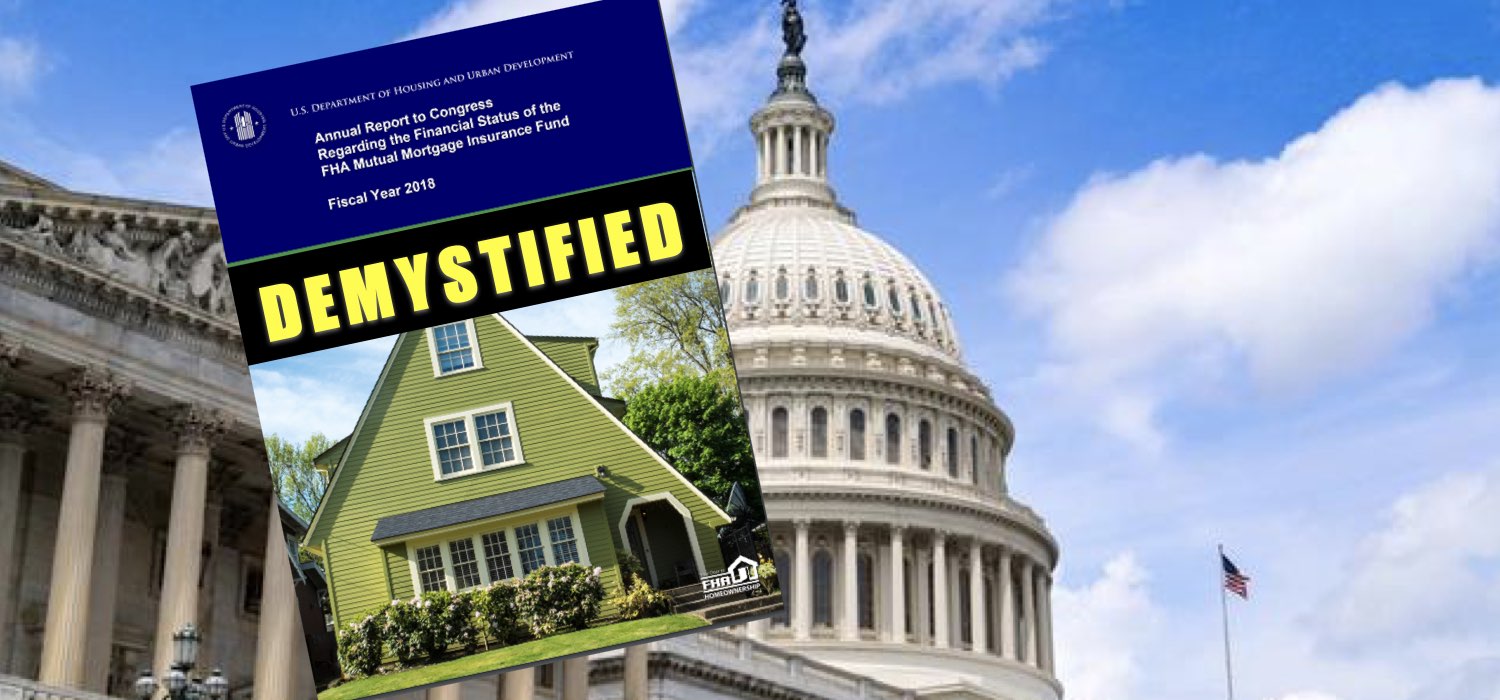Potential Impact of Lending Limit Increase
 The Department of Housing and Urban Development announced the third consecutive increase of its national lending limit to $726,525 for the federally-insured reverse mortgage and FHA loans beginning January 1st, 2019. An increase of over $46,000 from its previous limit of $679,650. The risks the Home Equity Conversion Mortgage poses to FHA’s mutual mortgage insurance fund have been well-documented which may lead some to ask will the loan limit increase losses or negatively impact the thriving jumbo reverse market?
The Department of Housing and Urban Development announced the third consecutive increase of its national lending limit to $726,525 for the federally-insured reverse mortgage and FHA loans beginning January 1st, 2019. An increase of over $46,000 from its previous limit of $679,650. The risks the Home Equity Conversion Mortgage poses to FHA’s mutual mortgage insurance fund have been well-documented which may lead some to ask will the loan limit increase losses or negatively impact the thriving jumbo reverse market?
Well generally lauded by industry participants there are perspectives that warrant further consideration. Will this make a notable change to help boost overall loan volume? Are there any particular advantages in HUD attracting more owners of higher-valued properties? How does this impact the recent growth of private or proprietary jumbo reverse mortgage loans? To answer these question we reached out to a few our fellow reverse mortgage professionals.
Dan Hultquist VP of Education & Organizational Development at Live Well Financial and author of Understanding Reverse sees the move as such a positive he’s written a new chapter in the 5th edition of his book. Dan sees more money for the homeowner and lower risk for FHA. “Consider a 73-year old borrower with a 5% expected rate, that allows the borrower a principal limit factor (PLF) of 47.50%. So long as the home appraises for at least $726,525, this borrower’s initial principal limit will be $345,099. However, when you calculate the initial maximum Loan-To-Value (LTV) for homes above this amount, it is obvious that FHA’s risk declines with higher property values.” The bonus for FHA is that these borrowers will pay the maximum upfront mortgage insurance premium of $14,530.50- even when there is a lower loan to value ratio... [download transcript]





 In October HUD’s Office of the Inspector General released their report which telegraphs what changes to the HECM we may see in 2019.
In October HUD’s Office of the Inspector General released their report which telegraphs what changes to the HECM we may see in 2019.






 How quickly are HECM properties sold or called due and payable when the last borrower has died or moved out? More importantly, how many properties with a HECM are sitting on the books for years while the borrower’s heirs or unauthorized tenants remain in the house; in many cases for years?
How quickly are HECM properties sold or called due and payable when the last borrower has died or moved out? More importantly, how many properties with a HECM are sitting on the books for years while the borrower’s heirs or unauthorized tenants remain in the house; in many cases for years?




